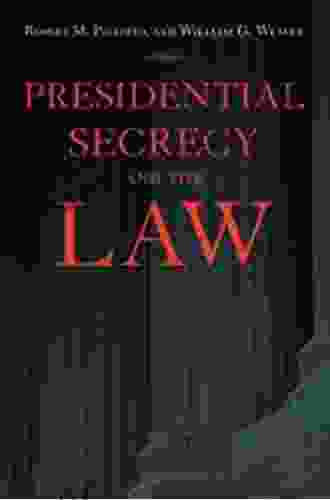Executive Privilege: A Cloak of Secrecy
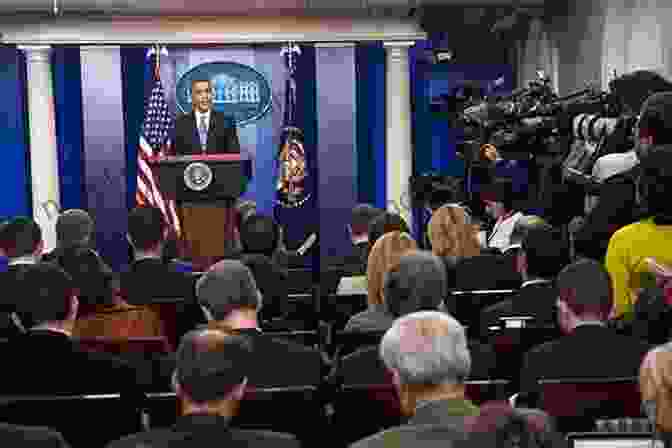
Executive privilege, a cornerstone of presidential secrecy, grants the President the authority to withhold information from Congress or the courts on grounds of national security or other sensitive matters. Though a potent tool, its scope and limitations have been fiercely contested, sparking ongoing debates about the balance between governmental confidentiality and public accountability.
Classification: Guarding National Secrets

Classification systems, such as "Top Secret" or "Confidential," are vital mechanisms for safeguarding sensitive information. They establish protocols for handling, storing, and accessing classified materials, ensuring their protection from unauthorized disclosure. However, the potential for over-classification looms, raising concerns about the suppression of legitimate government information.
National Security: The Imperative of Secrecy

National security imperatives often necessitate secrecy to protect sensitive military, diplomatic, and intelligence operations. Secrecy measures play a crucial role in safeguarding national interests, preventing foreign adversaries from exploiting vulnerabilities. Yet, the line between legitimate secrecy and excessive secrecy can be blurred, leading to questions about the public's right to know.
Freedom of Information Act: Opening Doors to Transparency
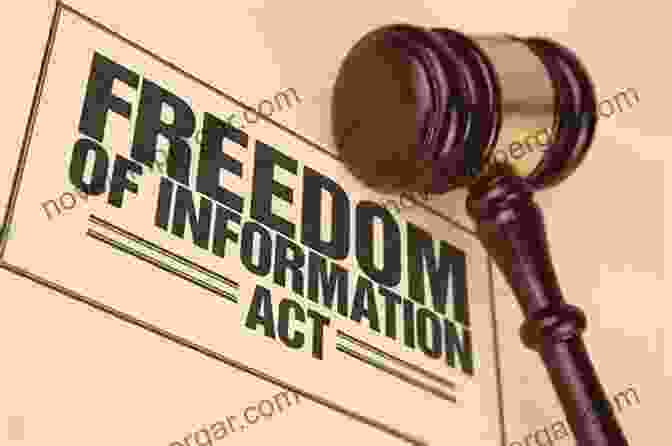
The Freedom of Information Act (FOIA) stands as a beacon of transparency, empowering citizens to request access to government records. It fosters public scrutiny of government actions, promoting accountability and informed decision-making. However, FOIA requests can be met with resistance, highlighting the tension between the public's right to know and the government's need to protect sensitive information.
Open Government: Striking a Balance
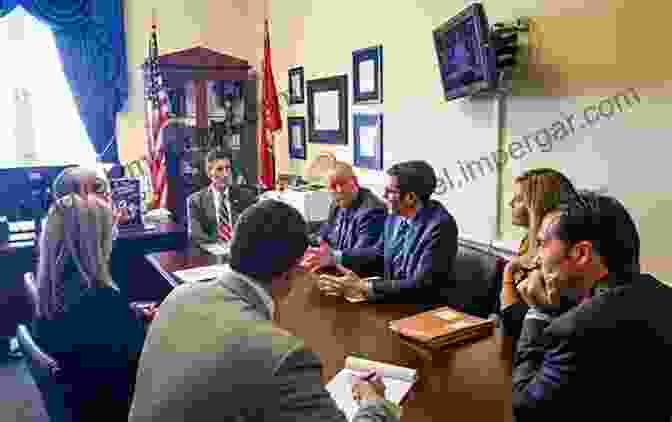
Open government initiatives aim to strike a balance between secrecy and transparency, fostering greater public engagement and trust. They promote proactive disclosure of government information, encourage public participation in decision-making, and enhance accountability mechanisms. By embracing open government principles, governments can foster a more informed and engaged citizenry.
Controversies and Case Studies
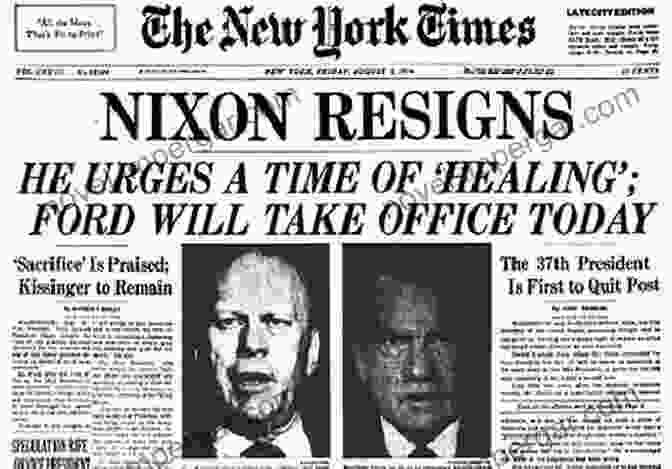
Presidential secrecy has been the subject of numerous controversies, raising questions about its use and potential for abuse. From the Watergate scandal to the Iran-Contra affair, cases involving presidential secrecy have sparked intense public debate and legal scrutiny. These controversies highlight the importance of scrutinizing secrecy claims and ensuring that they are not used to conceal wrongng or undermine public trust.
: A Continuing Dialogue

Presidential secrecy and the law remain a complex and evolving field, perpetually navigating the boundaries between national security, government transparency, and public accountability. The ongoing dialogue surrounding these issues underscores the need for a balanced approach that safeguards sensitive information while fostering an informed and engaged citizenry. By engaging in thoughtful discussions and promoting transparency initiatives, we can strive for a society where both secrecy and openness serve the greater good.



